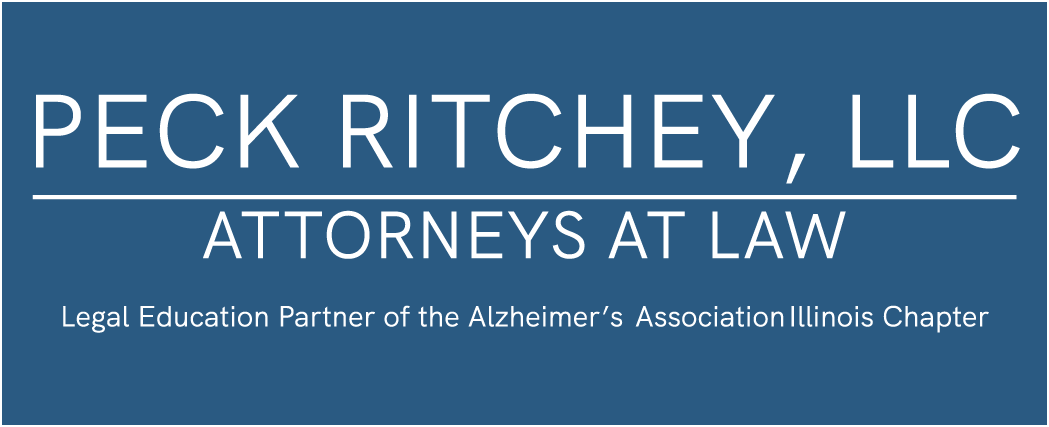 The law provides various structures to empower families to assume responsibility for managing an incapacitated loved one’s personal or financial affairs. People may create a power of attorney to authorize a trusted loved one to handle their affairs if they become incapacitated. Alternatively, families may seek guardianship for an incapacitated loved one to obtain the legal authority to make decisions on their behalf. When you have a loved one with a disability or incapacity, an experienced attorney can help your family choose between power of attorney vs. legal guardianship.
The law provides various structures to empower families to assume responsibility for managing an incapacitated loved one’s personal or financial affairs. People may create a power of attorney to authorize a trusted loved one to handle their affairs if they become incapacitated. Alternatively, families may seek guardianship for an incapacitated loved one to obtain the legal authority to make decisions on their behalf. When you have a loved one with a disability or incapacity, an experienced attorney can help your family choose between power of attorney vs. legal guardianship.
Understanding Guardianship
Guardianship is a court-created legal relationship in which the court appoints a person (called a guardian) to manage the affairs of a person (sometimes called a “ward”) who cannot manage their affairs. A court may order guardianship when a person cannot make or communicate responsible decisions regarding their personal affairs or finances due to physical or developmental disabilities or cognitive decline.
Guardianship comes in two forms: guardianship of the person and guardianship of the estate. A guardian of the person receives the authority to make decisions regarding a ward’s personal affairs, such as medical treatment, residential placement, education, or social services. A guardian of the estate has the authority to manage a ward’s financial affairs or estate, including how to spend, invest, or dispose of income or assets.
Understanding Powers of Attorney
A power of attorney is a legal document under which a person (called a principal) gives another individual (called an attorney-in-fact or agent) the authority to undertake specific actions or decisions on behalf of the principal. A principal may create a power of attorney to authorize someone to act on their behalf, such as executing legal documents. Alternatively, a person may create a power of attorney to empower a trusted family member or friend to manage their affairs if they become unable to do so due to disability or cognitive/memory issues.
What Is the Difference Between Guardianship and Power of Attorney
 Some of the primary differences between guardianship and power of attorney include:
Some of the primary differences between guardianship and power of attorney include:
- Timing – A person who wishes to have a power of attorney must establish it before they become incapacitated. Although a power of attorney may not go into effect until the principal becomes incapacitated, they must execute the power of attorney document while they retain the capacity to manage their interests, including understanding the nature and consequences of granting another person authority through a power of attorney. Conversely, a court will establish guardianship after a person becomes incapacitated.
- Authority – A power of attorney allows a principal to define the scope of the agent’s authority. Thus, a principal can limit the decisions or actions that an agent can take on their behalf. In guardianship, the court will determine the scope of the guardian’s authority based on evaluating the ward’s capacity. A court may establish limited guardianship if it finds that a ward retains the capacity to manage some of their affairs alone or with the assistance of an advisor.
- Duration – A principal can establish a set duration for their power of attorney; otherwise, by default, a power of attorney will end upon the principal’s incapacity or death. However, a principal can create a durable power of attorney even after incapacity. With guardianship, a court may establish temporary guardianship until the court can hold a hearing to assess the need for continued guardianship. Alternatively, the ward or another interested party may petition the court to terminate guardianship by proving that the ward has regained the capacity to manage their affairs.
Can a Guardian Override a Power of Attorney?
When a court orders guardianship for an individual, the guardian’s authority implicitly includes the ability to override legal agreements within the scope of the guardian’s authority that the ward made before becoming incapacitated, such as powers of attorney. For example, an individual appointed a guardian of the person can override a healthcare power of attorney to enable them to make medical decisions on the ward’s behalf without the healthcare proxy named in the healthcare power of attorney overriding the guardian’s decisions.
Contact Our Firm Today for Help Choosing Between POA and Guardianship
When you have a loved one who may or has become unable to manage their affairs alone, a power of attorney or guardianship can give you or another trusted family member the authority to look after your loved one’s interests. Call Peck Ritchey, LLC at (312) 201-0900 today or contact us online for a confidential consultation with an estate planning and guardianship attorney to understand the differences between powers of attorney and guardianship and determine which one your family needs to protect your loved one’s welfare.
